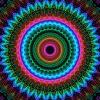Sign in to follow this
Followers
0

[questions] Labeling thoughts and...thoughts on the path to enlightment...
By
shortstuff, in General Discussion

By
shortstuff, in General Discussion